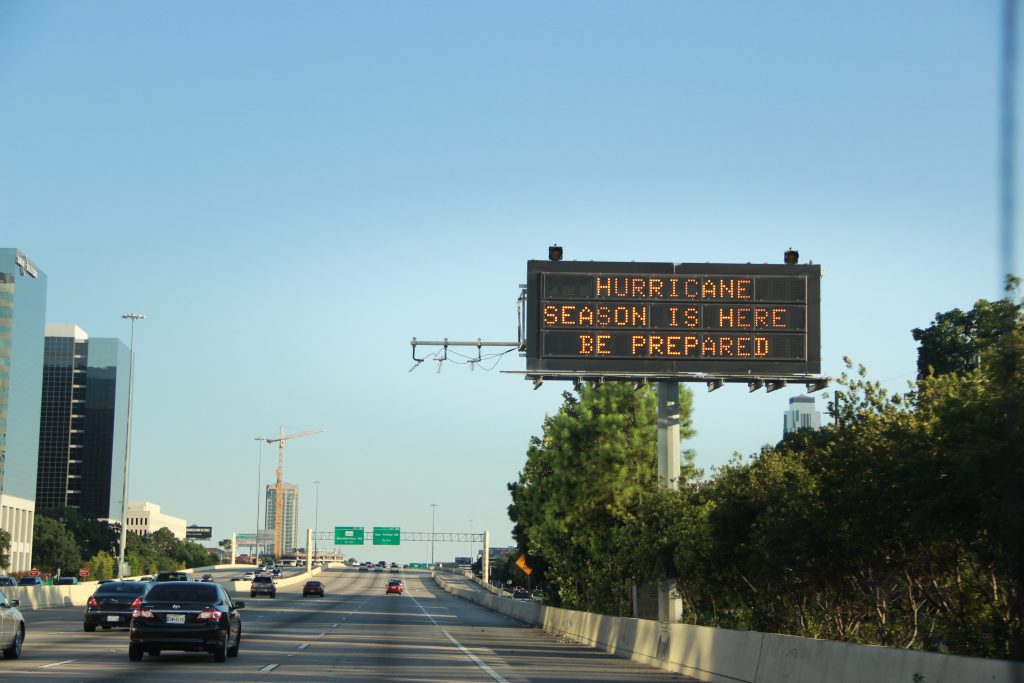Texas Hurricane Damage: Are You Eligible for a Temporary Property Tax Exemption?

Here’s what you need to know about the temporary property tax exemption for damage from natural disasters such as hurricanes and tropical storms:
- Texas has a property tax exemption offering relief to those affected by disasters by temporarily reducing the appraised value of qualifying damaged properties.
- Properties must sustain at least 15% physical damage and be in a governor-declared disaster area to qualify for the exemption.
- The amount you could save on your property taxes depends on the county-assigned damage rating and the time remaining in the tax year after the disaster occurs.
- Submit Form 50-312 to the county appraisal district no later than October 18 to apply for the exemption due to the recent Texas hurricane.
- Gill, Denson & Company assists with property tax exemptions and protests, offering consultations and support throughout the process.
What Is the Texas Temporary Property Tax Exemption?
Texas offers a temporary property tax exemption as much-needed support for those grappling with the aftermath of major disasters, including wildfires, hurricanes, and tropical storms. As Hurricane Beryl crossed Texas earlier this week, many people were left without power and with severe damage to their homes and property.
For homeowners and businesses alike, this exemption is a small yet significant step toward alleviating the financial burden of rebuilding. It temporarily reduces a portion of affected properties’ appraised value, bringing some relief to property owners in the form of lower property tax bills.
How Do I Qualify for It?
To qualify for the temporary exemption, your property must meet specific criteria outlined in Tax Code Section 11.35. This includes being within a governor-declared disaster area and sustaining physical damage of at least 15% due to the disaster. Governor Abbott declared a disaster for Hurricane Beryl in 40 counties on July 5, 2024. If your property falls under any of the following categories within an affected county, you may qualify:
- Business personal property (if a rendition is filed)
- Improvements to real property
- Certain manufactured homes
How Much Will It Save Me on My Taxes?
The chief appraiser assigns a rating to properties based on the level of physical damage sustained from the hurricane. This translates to a percentage of the property’s appraised value that will be temporarily exempted from taxes. The amount of eligible savings depends on the damage rating and the number of days left in the tax year following the disaster declaration. Essentially, the greater the damage your property suffered and the earlier in the year the disaster occurred, the more savings you can expect.
| Rating Level | Damage Assessment | Description | Exemption Percentage |
|---|---|---|---|
| 1 | 15% – 29% | Minimal – the property may continue to be used as intended. | 15% |
| 2 | 30% – 59% | There is nonstructural damage and a waterline less than 18″ above the floor. | 30% |
| 3 | 60% – 99% | There is significant structural damage and a waterline 18″ or more above the floor. | 60% |
| 4 | 100% | The property is a total loss, and repair is not feasible. | 100% |
How Do I Apply Because of the Recent Texas Hurricane?
Submit Form 50-312, estimated repair costs, and supporting documents to the county appraisal district (CAD) within 105 days of the governor’s declaration. If you were affected by the recent Texas hurricane and are located in a declared disaster area, the deadline for application is October 18th. The chief appraiser will review your application and provide written notification of approval, modification, or denial within five days of making their decision. The exemption is valid until January 1st of the tax year when your property undergoes its next reappraisal.
Work with Gill, Denson & Company to Lower Your Property Taxes
At Gill, Denson & Company, we can help you navigate the often complex property tax exemptions and protests process. Contact us for a consultation to help file for the temporary disaster exemption. We can also assist you by protesting on your behalf if your exemption request is denied or if you need to protest your property taxes for other reasons. While we can provide expert support throughout the process, it’s important to note that you have the right to file directly with the appraisal district, free of charge.
We highly recommend that you request the county reappraise your property or thoroughly document the damage before repairing or rebuilding anything. This ensures that your property’s taxable value is properly recorded post-disaster.
Here are some additional disaster relief resources for Texans and the state’s Hurricane Center website for prep, shelter, and recovery resources.
If you’re looking to get ahead on the 2025 property tax season, then get started with an application on our website.









